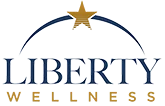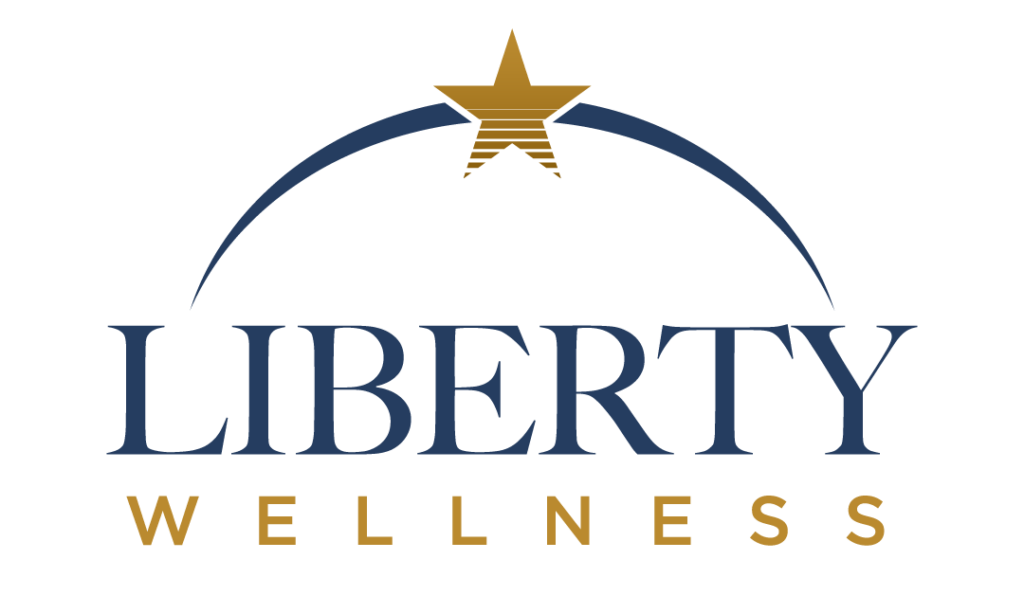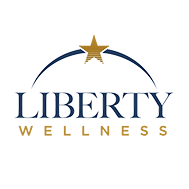Most of us know the dangers of drugs, but not everyone is able to recognize the signs someone is on drugs. There are more drugs out there than we realize; some are legal and even prescribed by a doctor for a particular issue. This doesn’t mean that misusing them or taking too many is not a problem. Almost any substance can be misused and become dangerous or even addictive. That’s why it’s essential to recognize the behavior of someone on drugs so that you can get them help as soon as possible.
Liberty Wellness knows what drug use and abuse can do to a person’s life and the struggle that an addiction can cause. That’s why we work to give clients and their families the help and information they need to get treatment.
Contact Liberty Wellness to find a drug and alcohol rehab center in Berlin, NJ.
What Are the Signs That Someone is on Drugs?
It’s important to remember that drugs come in a variety of forms, from prescription medications to illicit drugs like cocaine and heroin. Just because you may not think a person is using drugs, or that the drug they are using is safe, there is no way to be certain.
There are often physical and emotional signs that someone is on drugs. The types of physical signs can vary wildly, depending on the drug they are using, but there are some common behaviors and symptoms to look for.
Physical signs are often behavioral, such as an inability to focus on day-to-day tasks. People who are using drugs are typically more focused on “getting high” than doing things like going to work or school as they normally would. This can cause problems like dropping grades, trouble keeping a job, or paying bills. They may also start to disassociate with family and friends in favor of using drugs.
Emotionally, they may suffer from paranoia, anxiety, or depression over their drug use, including thinking someone is watching them, wondering how they are going to get more drugs, and shame over the fact that they have an addiction that is hurting themselves as well as their loved ones.
This is combined with the fact that they may experience financial and legal difficulties as a result of their drug use and even health problems associated with drug use as well.
How to Get a Loved One Help
The first thing to do to get your loved one help is to get them to admit and accept that they have a problem and actually need help. This can be very difficult for those suffering from addiction, and sometimes the best way to do it is to hold an intervention.
Once you get them to accept that they need help, the next part of the process is to get them to a treatment facility that can handle their drug addiction. It’s important to find a facility that treats each client like an individual and knows how to develop a unique treatment plan based on the circumstances of that specific person and not just the drug they are addicted to. Some facilities rely on cookie-cutter treatment plans and solutions that don’t work for everyone and, more often than not, are ineffective and result in a person relapsing back on drugs again.
Once they complete treatment, it is also a good idea to look at continuing care and what to do when the person returns to a normal life. Unfortunately, addiction is a lifelong disease, but it can be managed with the right treatment and support.
Finding a North Jersey Rehab Center for a Loved One
If you’re looking for a treatment center for your loved one’s drug addiction, then look no further than North Jersey’s own Liberty Wellness. We offer a wide range of treatment and support options for just about any addiction you can think of. We have programs for family support, mental illness, and aftercare so that no matter what you or your loved one is going through, we have the resources to help.
We work on a holistic level, to try and identify the true cause of the addiction, not just the drug a person is addicted to. This offers us the ability to deal with the addiction in a way that promotes long-term sobriety. If you have a loved one that needs help, contact Liberty Wellness today to learn more about our addiction treatment programs in New Jersey.





